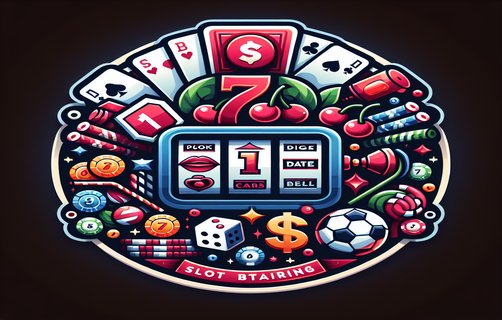The Evolution of Gaming: Analyzing Key Trends in Gambling and Tournament Play
The gaming industry has experienced a remarkable transformation over the years, especially during pivotal events such as the Milan Night Chart of 2007. The convergence of traditional gambling practices, innovative gaming technology, and evolving legal frameworks has significantly shaped the landscape of the gambling world. In this analysis, we will explore various factors affecting the gaming industry, from international gambling laws to fantasy sports betting, while emphasizing the importance of maintaining an engaging and responsible playing environment.
International Gambling Laws play an essential role in shaping the gaming environment across different countries. With each jurisdiction adopting its own set of regulations, gambling operators must navigate complex legal waters to ensure compliance. During the early 2000s, there was a notable shift towards stricter regulations; however, recent years have seen a trend towards liberalization in many places. For example, regions like the UK and New Jersey in the United States have embraced legalized online gambling, thus boosting revenues and consumer protections. Operators now have to be acutely aware of the legal frameworks that govern their target markets, enhancing their international strategies to adapt to these changes.

Tournament Play has added another dynamic layer to the gaming experience, drawing players into competitive scenarios that heighten engagement and increase the stakes. Tournaments, especially in poker, have garnered significant attention and commitment from players worldwide. This format not only allows for social interaction but also injects an element of skill and strategy that appeals to serious gamers. The proliferation of online platforms has only amplified this trend, enabling players to participate remotely, thus democratizing access and reaching a global audience.
Caribbean Stud Poker stands out as a popular variant of traditional poker that adds a layer of excitement—integrating elements of both strategy and chance. The game has made considerable headway in both live casino settings and online platforms, largely due to its straightforward rules and relatively low house edge. In recent years, its popularity has surged, particularly in online gaming environments, where players are seeking engaging experiences with less pressure than conventional poker games. Its success reflects the overall trend of casual gambling experiences becoming more mainstream in an increasingly digital world.
On the technical side, companies like Thunderkick have demonstrated the power of innovation in shaping modern gaming experiences. Established for their imaginative game designs and unique themes, Thunderkick has made a name for itself within the competitive slots market. Their commitment to high-definition graphics, captivating narratives, and interactive features has not just attracted players but has also emerged as a benchmark for others in the industry. Such innovations emphasize the importance of creativity in maintaining player interest and engagement.

As gaming environments evolve, seamless transitions between various gaming formats—from poker to slot games—are becoming crucial for optimal user experience. Players expect to move fluidly within their chosen platforms, facilitating a cohesive narrative that keeps them entertained. To enhance player retention, operators must invest in technologies that allow for such transitions while ensuring a user-friendly interface. This can often mean integrating mobile functionalities and cross-platform availability to meet the diverse needs of today’s gaming audience.
Managing tilt is another significant consideration within the gambling industry. Players often experience emotional responses that can adversely affect their decision-making abilities. Responsible gaming practices have come to the forefront, with operators providing educational resources and tools that allow players to monitor their behaviours. This encourages a safer gaming environment and helps mitigate potential issues such as gambling addiction.
Furthermore, the rise of fantasy sports betting has transformed the perception of gambling. It has broadened the appeal of sports-related betting among casual fans who wish to engage more deeply with their favorite sports without the traditional aspects of gambling. Players can build their teams and compete on various metrics, integrating strategy and skill into the betting process. This trend reflects the ongoing evolution of gambling towards being more interactive and participatory, catering to diversified interests.
In conclusion, analyzing the dynamic environment of the gaming industry post the Milan Night Chart of 2007 reveals a complex interplay between regulatory frameworks, technological innovations, and player engagement strategies. As the landscape continues to evolve, the industry will undoubtedly face ongoing challenges and opportunities as it adapts to meet the demands of an increasingly sophisticated audience.
